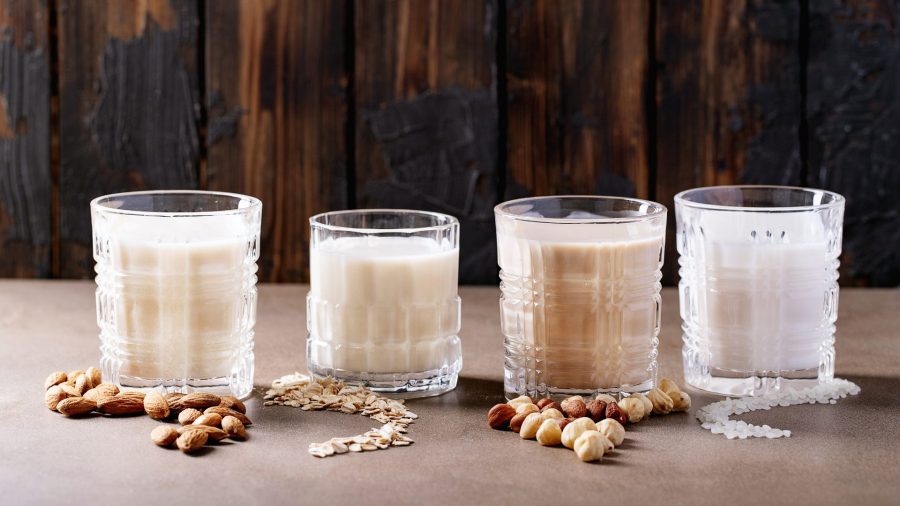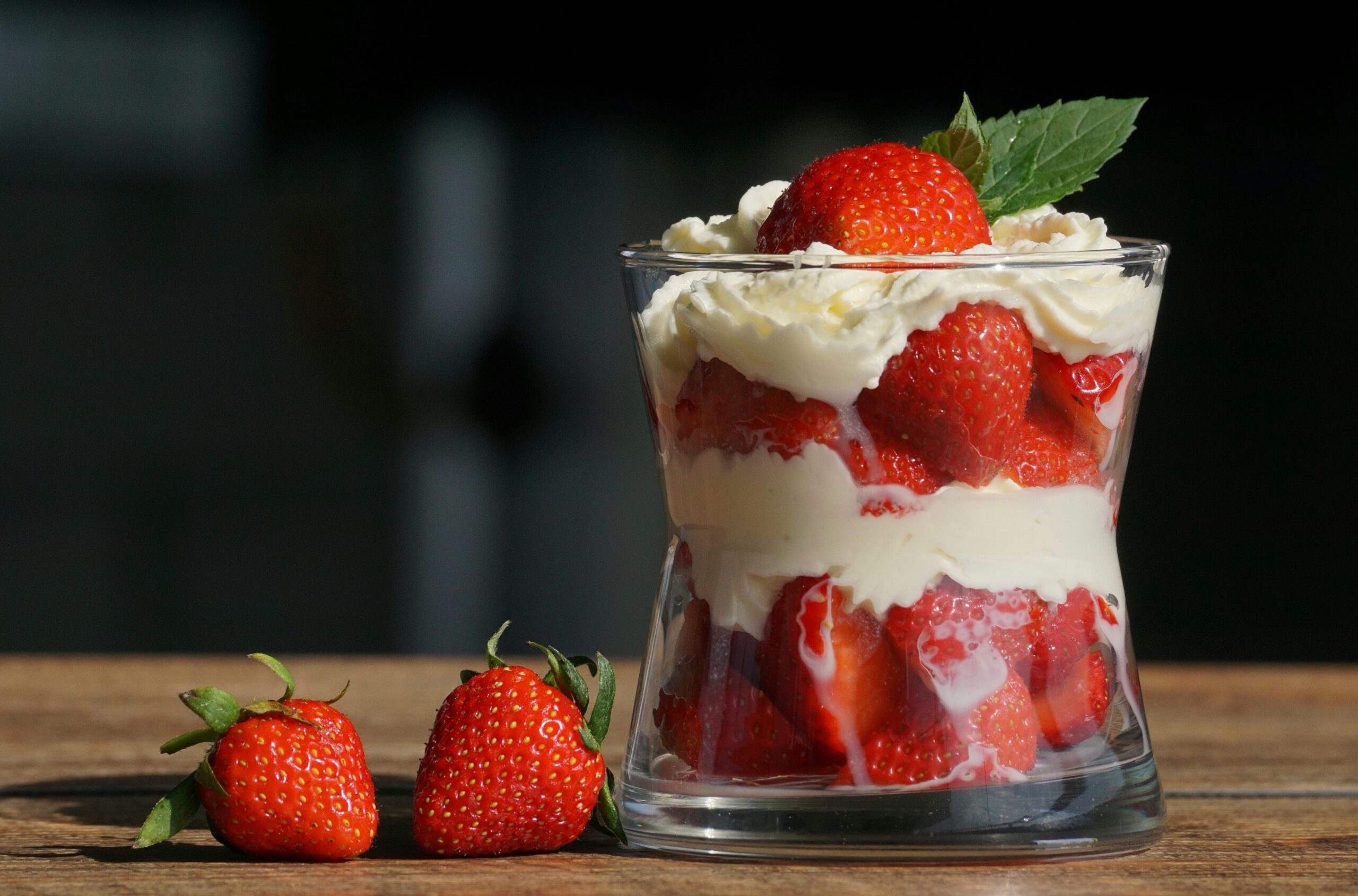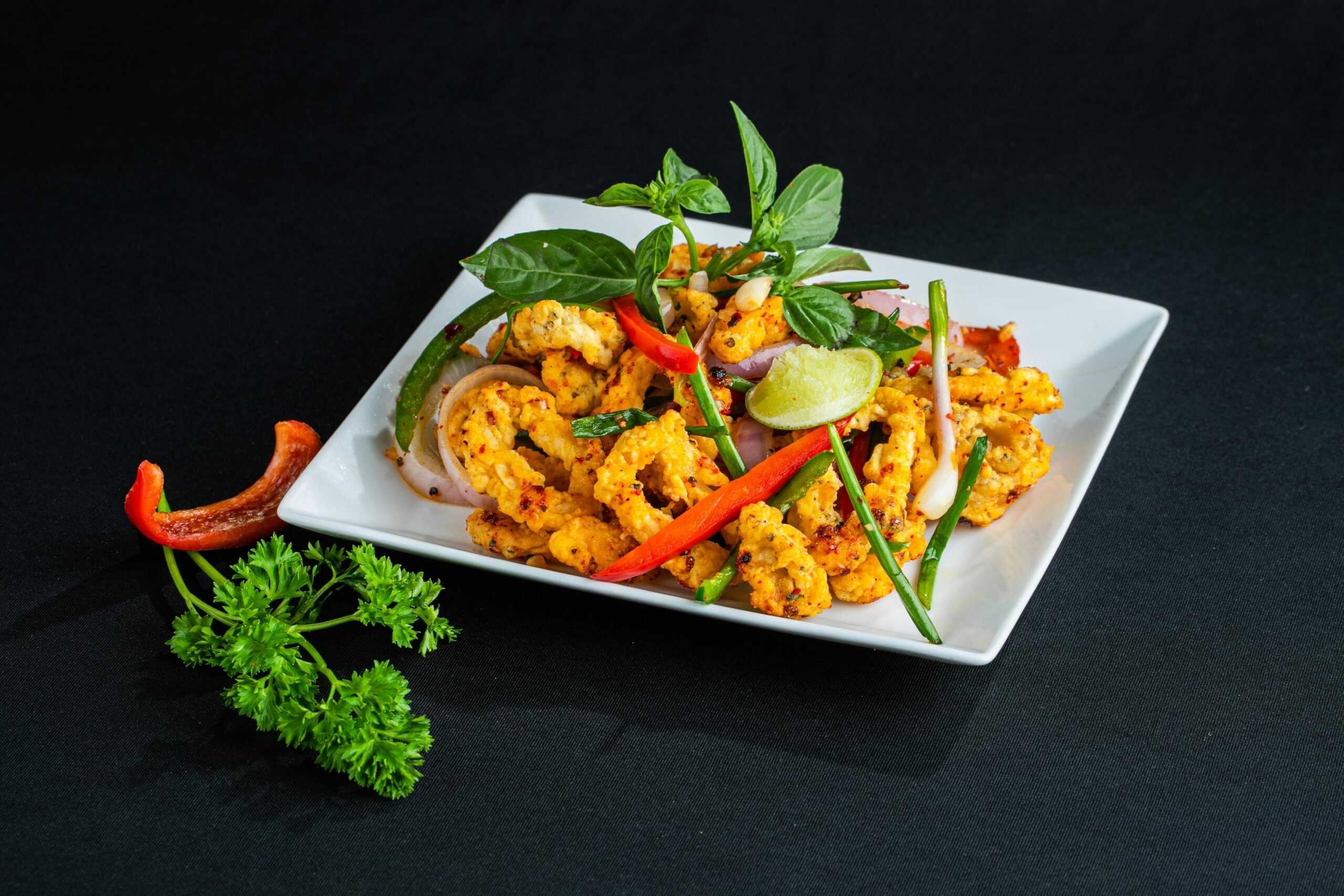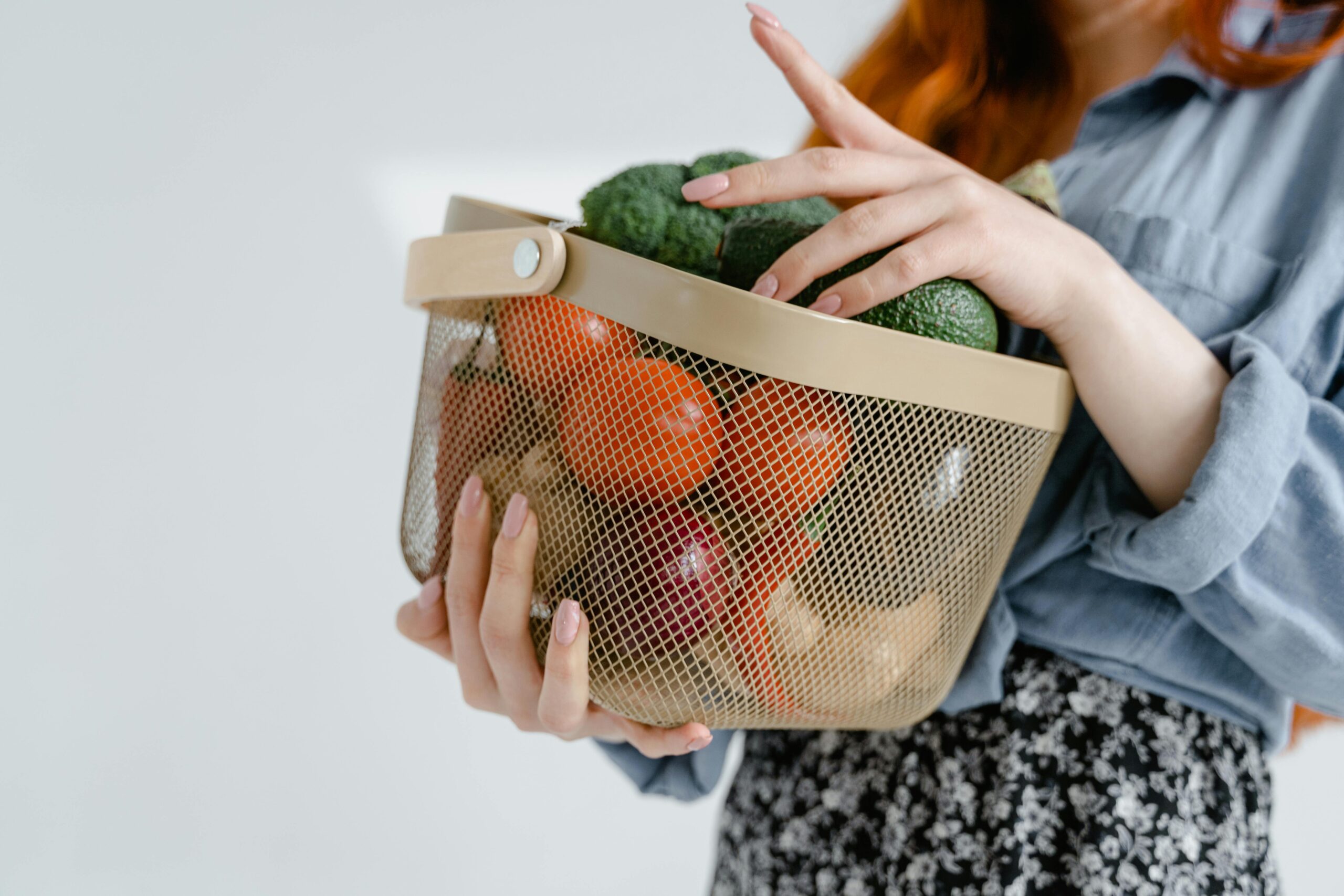Cow’s milk has long been known as a rich source of protein and calcium. Owing to the presence of essential nutrients like carbs, proteins, fats, fibers and essential vitamins in milk, cow’s milk and food items derived from it remain dietary staples throughout much of the world.
However, with growing concerns regarding the side-effects of milk consumption, there has been a gradual shift towards milk alternatives. It has been discovered that consumption of large quantities of milk can lead to chronic medical ailments like diabetes, cardiovascular and gastrointestinal diseases.
Dairy substitution is not a novel phenomenon, of course. Humans have consumed plant milk for hundreds of years. But the increasing prevalence of lactose intolerance and milk allergies has brought new life to the dairy-substitute segment.
According to the World Allergy Organization (WAO), 220 to 520 million people around the world are living with a food allergy (2018). Some 2.5% of infants are diagnosed as allergic to cow’s milk. Immunoglobulin E (IgE) mediated cow’s milk allergy is one of the most common food allergies in infants and young children.
As a result, there has been a growing interest in adopting plant-based dairy alternatives. Plant milk substitutes are made from plant extracts and water. They’re made to replace dairy milks as beverages and as cooking ingredients.
Dairy substitutes offer good nutrition profiles with rich antioxidant activity and fatty acids, which reduce the risk of cardiovascular diseases, cancer and diabetes. They are fortified with added calcium and other essential nutrients.
In 2021, virtually any supermarket or café features a number of dairy alternatives, such as almond milk, soy milk, or hemp.
The rising vegan population along with an increase in milk adulteration especially across developing economies is compelling consumers to opt for milk alternatives.
For the last several years, dairy substitution sales have skyrocketed. According to Future Market Insights (FMI) analysis, worldwide sales of non-dairy milk alternatives doubled between 2016 and 2020. Innovation within the dairy-alternative category is rife and the variety of products now available has paved the way for diverse consumer choice.
Rising animal cruelty concerns and growing demand for dairy products have led to the development of milk from various sources, including lab-grown dairy cultures. Availability of different dairy alternatives is expected to offer a solution for consumers who want the taste and benefits of milk as well as a product that meets their ethical and environmental concerns.
Rising demand for organic food and beverages is offering lucrative growth opportunities to dairy substitute manufacturers. They are continuously introducing advanced nutritional alternatives of cheese, yogurt, milk and other products with low-cost features.
According to FMI, the dairy-alternatives market is estimated to be worth around $16 billion (USD) in 2021. The market is forecast to witness a strong CAGR between 2021 and 2031.
Soy Milk Stealing the Limelight
Soy milk is the most well-known dairy alternative consumed around the world because its nutrition profile closely resembles that of cow’s milk. It is believed to have originated as broth in China around the fifth century.
Owing to its similar appearance, taste and nutrition to animal milk, it has become a staple product across many regions. A cup of soya milk contains about 80 calories, 7 grams of protein and 4 grams of fat. It’s available in various flavors, like vanilla.
However, FMI predicts that the growing popularity of almond and oat milk will take over the spotlight in the future.
COVID-19 Impact
In 2019, the coronavirus pandemic changed every aspect of life, and dairy alternatives were no exception. It completely changed the scenario of food industries, whether in production, processing or packaging.
The impact of COVID-19 on the milk-substitution industry is mixed, as the demand for organic dairy alternatives remained strong, but the lack of raw materials, storage units, manpower due to worldwide shut down has created a challenge for manufacturers to balance the demand and supply.
With the implementation of lockdowns, there was shortage of milk and dairy products across marketplaces. As a result, consumers started utilizing dairy alternatives on a large scale.
Owing to the presence of online distribution channels, sales of plant-based dairy alternatives soared during the pandemic. Additionally, online stores offered alternative dairy products at discount prices compared to traditional retail prices.
Innovation strategy- A Move Towards Achieving Competitive Advantage
“What started out as replacing the milk protein with soy has expanded into several new ingredients such as almonds, peas, garbanzo beans, cashew, legumes rice, oats, tapioca starch and fava bean powder,” noted Jim Jones, Ph.D., vice president of customer innovation, AAK.
The dairy-alternative space has been growing steadily for years now, with options such as soy, oat and almond milk. A growing number of companies are trying to make their mark on the alternative-dairy space. They’re adapting new innovations to address taste and texture features.
Special techniques are being employed to improve mouthfeel and nutritional value of dairy alternatives. New products from different sources are being introduced to gain a competitive edge in the dairy-alternatives market. For instance, Swedish-based company Veg of Lund recently launched a new brand of a potato-based dairy alternative called “DUG”. The company claimed that it is the world’s first plant-based milk alternative made from potatoes.
In June 2021, PureHarvest, an organic food company, launched Nutty Oat Milk (NOM), a non-dairy milk range made of oats that combines the creaminess of oats with the distinct taste of nuts. Similarly, in August 2020, Upfield, one of the world’s leading producers of plant-based spreads and plant-butters, introduced its newest plant butter brand, Flora™, with the launch of Flora Plant Butter in the U.S. Flora Plant Butter is a vegan, dairy-free, gluten-free, and non-GMO plant butter with a rich and creamy taste.
Download Free Sample: https://www.futuremarketinsights.com/reports/sample/rep-gb-4852
To contact Future Market Insights, email sales@futuremarketinsights.com.












